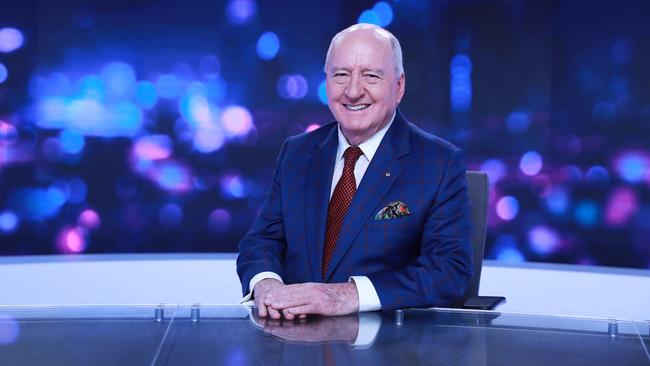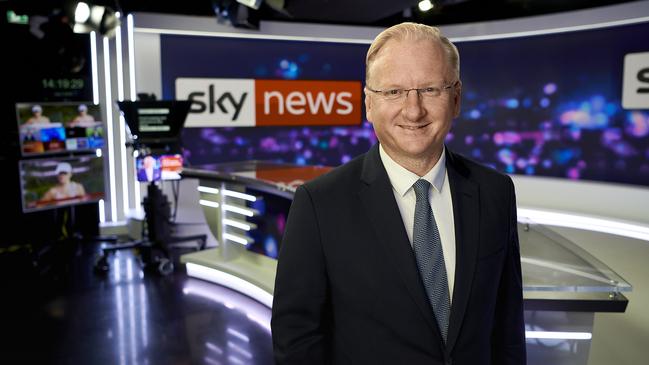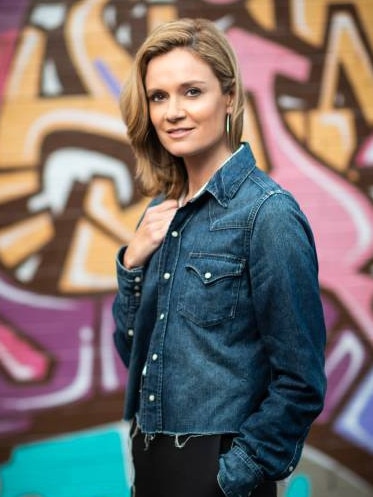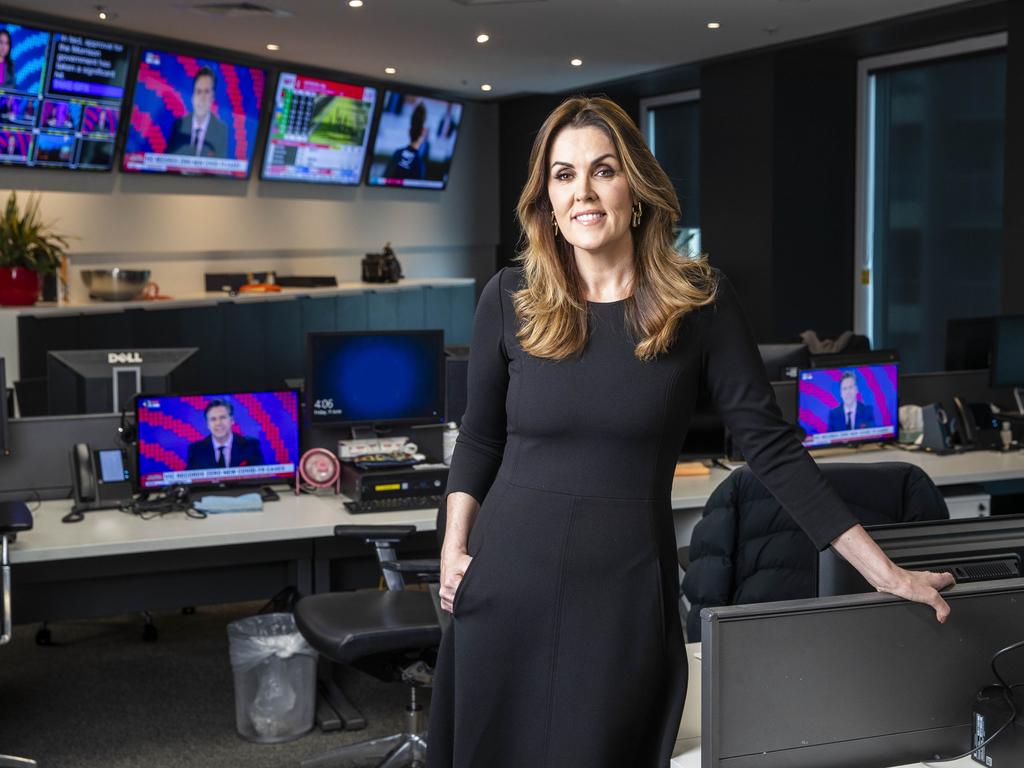
That’s not just because media companies using social media to distribute their content are surrendering to the policies of platforms that are not publishers yet impose constraints on content as if they were. Twitter, for example, banned US president Donald Trump last year, something no real media company would even consider.
This column has argued for five years that news sources such as the ABC have been dragged further left by their reliance on Twitter and Facebook. Both are a powerful distribution weapon for content, but social media is a double-edged sword.
Academic studies have demonstrated Twitter users skew left of the mainstream on political issues. So when ABC hosts and producers use Twitter to gauge if they are in touch with their audiences they are measuring their content against the views of the left edge of that audience. It’s a self-reinforcing influence that drags content producers further left.
This is a trap Sky News has to guard against. But the broadcaster is not an homogenous opinion pool. Whereas the ABC hosts Coalition voices of the left – such as former leaders Malcolm Turnbull and John Hewson – but few “real” conservatives, Sky News gives airtime to Labor and Greens voices cross the spectrum.
Sky News regularly uses senior Labor MP Joel Fitzgibbon, Julia Gillard’s former chief of staff and now Melbourne’s deputy lord mayor Nicholas Reece, and Ben Oquist, former adviser to Greens leader Bob Brown and one-time chief of staff to former Greens leader Christine Milne. Oquist is now executive director of the left-wing research group The Australia Institute. In contrast, the ABC has stopped inviting researchers from the conservative Institute of Public Affairs on to The Drum, after a Twitter storm of protest against the IPA that even the program’s host Julia Baird decried.
YouTube last weekend suspended Sky News’s channel on the platform, which has 1.86 million subscribers. A spokeswoman said YouTube has “clear and established Covid-19 medical information policies, based on local and global health authority guidance, to prevent the spread of Covid-19 misinformation that could cause real-world harm”, according to The Washington Post.
The ban followed an ABC Media Watch segment on July 19 about an Alan Jones interview with federal independent MP Craig Kelly in which both claimed, incorrectly, that figures in the UK showed the Delta variant is more lethal to those who have been vaccinated than the non-vaccinated. It was a misreading of the tables and Sky News quickly apologised and removed the item from its website. It was a fair report by Media Watch but also an appropriate response by Sky News.

The SMH reported on Thursday the actual trigger for the ban was a May 5 video in which Jones “claimed that Covid-19 was not by definition a pandemic”. Whatever the reason, journalists need to be careful supporting politically motivated actors on free speech issues. Peta Credlin and Andrew Bolt have been strongly pro-vaccination. I have not heard Jones speak against vaccination but he is a strong opponent of lockdowns, and he does give Kelly a regular platform.
But so what? Sky News also hosts epidemiologists regularly and many are more qualified than those that frequently appear on the ABC. It was instructive that the ABC’s Four Corners vaccination program last Monday relied for criticism of the AstraZeneca vaccine on World Health Organisation adviser Professor Mary-Louise McLaws, and Labor candidate for the Victorian seat of Higgins Dr Michelle Ananda-Rajah, without disclosing her political candidature. Why not use more qualified supporters of AstraZeneca such as Professor Peter Collignon or Nobel prize winner Professor Ian Frazer? The answer is they would not have bagged the federal government’s reliance on AstraZeneca.
Four Corners also chose not to mention that ATAGI (the Australian Technical Advisory Group on Immunisation) had a week earlier flipped its advice on AstraZeneca for younger age groups. Neither did it report AstraZeneca inventor Dame Sarah Gilbert’s quotes on July 30 expressing concern for Australia’s decision to recommend against the vaccine for under-60s, a decision now having fatal consequences in Sydney. Yet Twitter was silent on such ABC reporting.
Labor people such as former prime minister Kevin Rudd remain wedded to the advice of Queensland chief health officer Jeanette Young, even though Dr Young herself on Tuesday backflipped on her opposition to AstraZeneca for under-60s and had been at odds with ATAGI for at least a week.

The ABC’s own health editor, Dr Norman Swan, has made many mistakes since the start of the pandemic. On ABC 7.30 on Tuesday night and in his Coronacast on Wednesday he implied NSW Premier Gladys Berejiklian was relying on vaccination to suppress the Delta variant. Just try telling working-class citizens not on the ABC payroll that Gladys has not locked them down. His 7.30 piece remains on YouTube.
The truth is there is no “single source of truth” on the pandemic. Scientists and doctors hold different views and it’s fair enough for media to report them. Expert advice about masks and lockdowns has changed as the pandemic changes,
When Sky News chief executive Paul Whittaker, who was editor-in-chief of this paper for three years, took over at the subscription TV operator in 2018 he followed the Fox News model to boost audiences. He did a deal with YouTube, and it worked. Some of the videos on the Sky News channel have had as many as eight million views.
Sky News’s videos are now more watched than the ABC’s. In this newspaper on July 18, Sophie Elsworth reported Sky News had recorded 1.3 billion views across all platforms in the previous 12 months. US traffic has driven some of this success. Yet the YouTube ban and associated adverse publicity show the network needs to guard against allowing editorial decisions to be shaped by a chase for audiences.
Taking its demographic further right may make advertisers baulk. Some content is best left to conspiracy media such as Infowars and Breitbart News. US consumers interested in such views will only have more of them served up under YouTube’s algorithms. Facebook can create a similar editorial trap. It's the great hypocrisy of big-tech censorship: social media’s own algorithms drive such audiences.
Yet Sky News is journalist-ically a much sharper 24-hour news service than ABC 24. That’s why politicians listen to it and appear on it.
While it is Foxtel’s most popular channel, audience numbers are restricted by the network’s high monthly charges. A deal with television operators WIN and Southern Cross Austereo to distribute its service free in regional Australia from this month has angered many on the left who are not so keen on free speech they don’t agree with.
The real key to Sky News’s future could be launching its own full service streaming app to grow audience and revenue while cementing control over content. Many ABC types who don’t actually watch Sky News might be shocked how popular it would be if it had its own Kayo-style service nationally.








YouTube’s week-long ban on Sky News suggests social media is just as dangerous for conservative news sources as it is for those on the left.